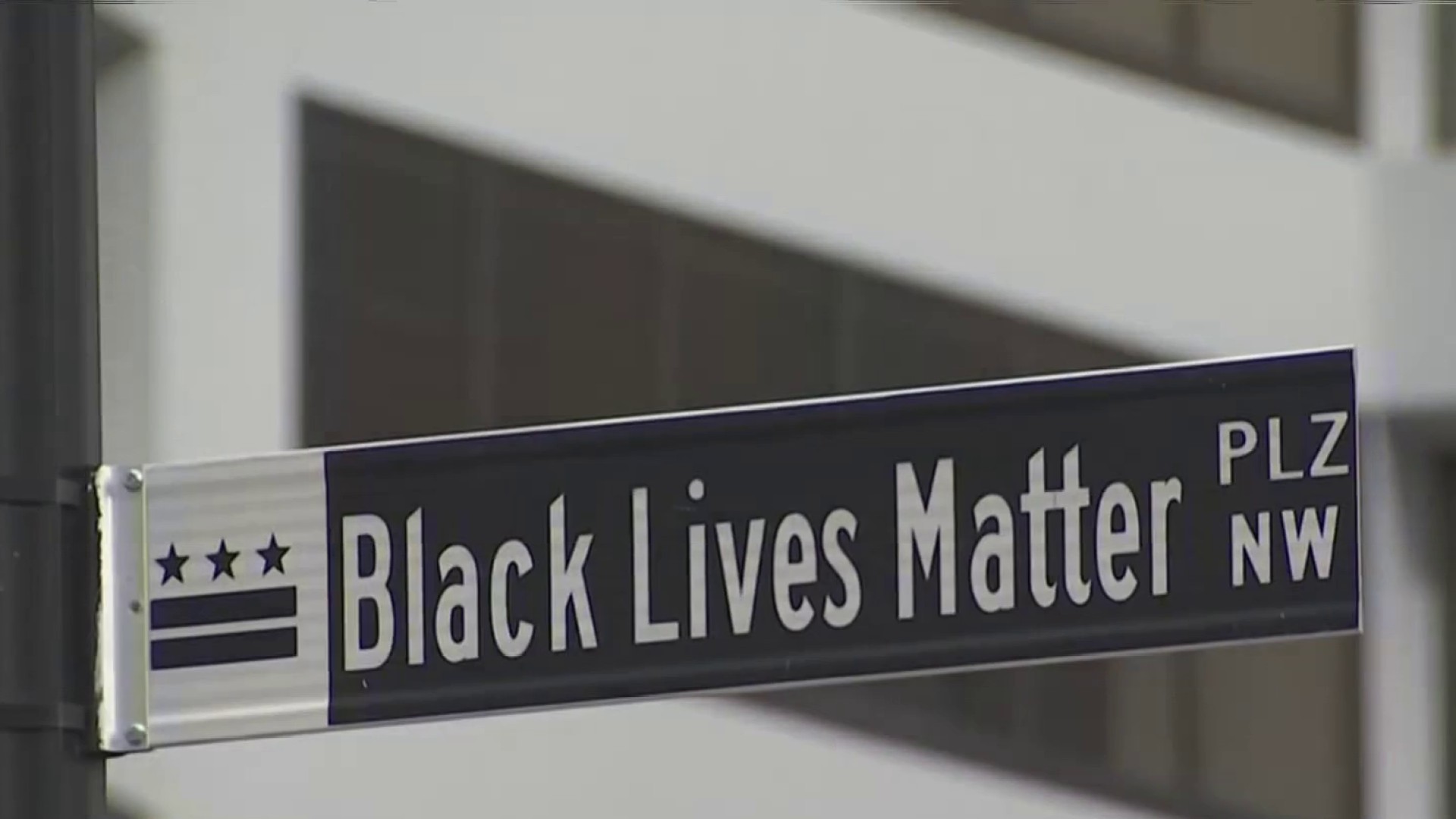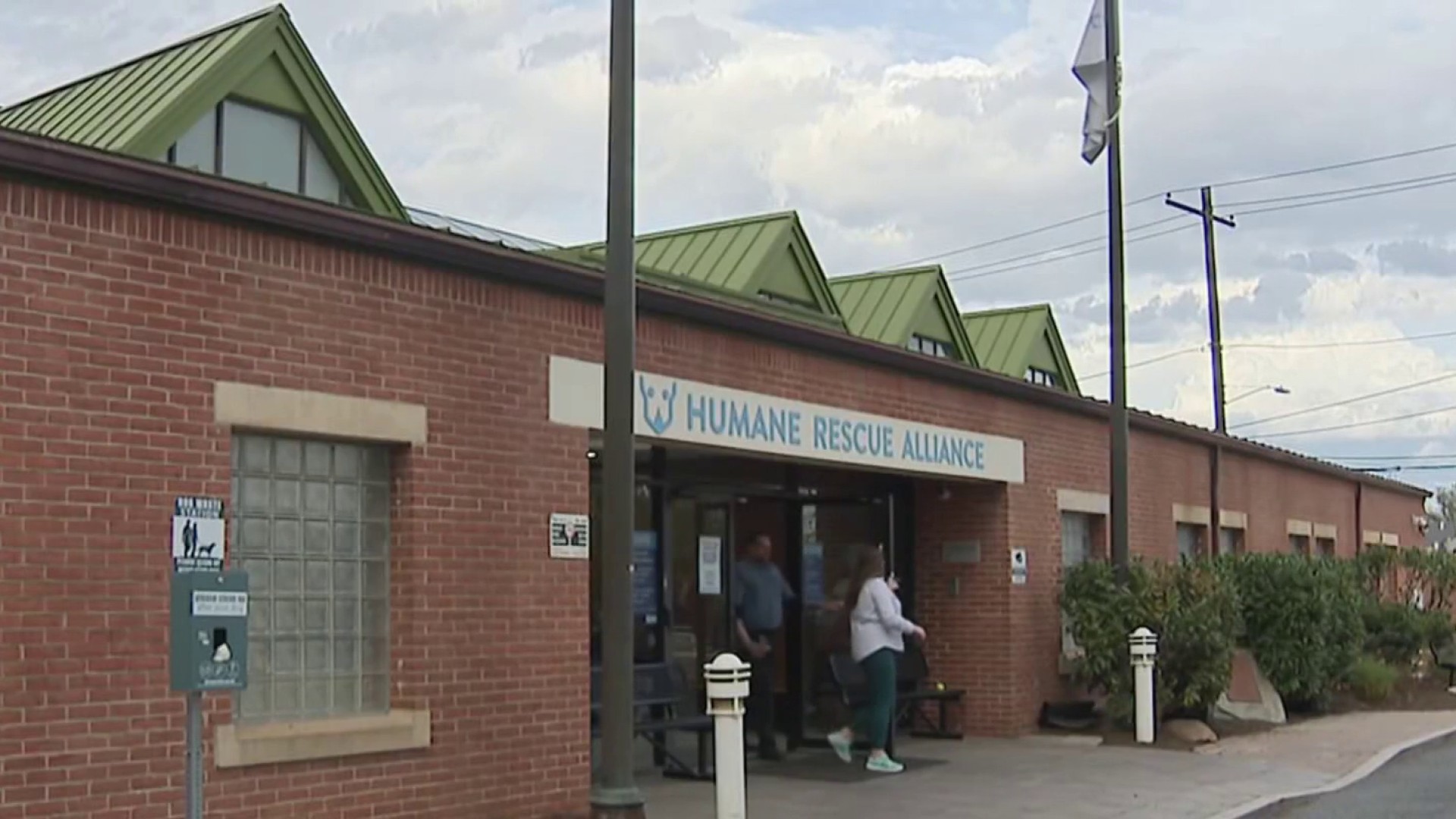Police in the Washington, D.C., area are performing a fast-rising number of investigations and forensics reviews of smartphones. The News4 I-Team reports.
Police in the Washington, D.C., area are performing a fast-rising number of investigations and forensics reviews of smartphones, according to a review of police reports by the News4 I-Team. Those investigations, which often include a review of a criminal suspect’s text messages and photos, have increased demand for forensics specialists and allowed local police to break a series of recent cases.
The I-Team’s review found Virginia state police performed 245 forensic reviews of cellphones and tablets in the past two years, a 25 percent increase from 2010-11. Maryland State Police’s Computer Crimes Unit, which also reviews the contents of portable electronic devices, performed 188 investigations into phones or tablets in the past two years, also an increase from prior years.
D.C.’s Department of Forensic Sciences has just opened a new “digital evidence unit” to clear a swelling backlog of requests for cellphone forensic analyses. The unit is run by Paul Reedy, a former computer forensics specialist for the Australian Federal Police. Reedy said demand for forensic review of smartphones is growing exponentially.
“Phones can provide all manner of evidence,” he said. “Phones are ubiquitous in modern life, and no matter what happens, no matter what a person is doing, whether it’s an innocuous daily task or engaging in something they shouldn’t be doing, there is going to be a phone present.”
The city’s digital evidence unit is hiring a series of new forensics specialists to manage the growing caseload, Reedy said.
Maryland State Police’s Computer Crimes Unit focuses its efforts on investigations of crimes against children, including child abuse and child pornography. The state troopers involved work in a restricted lab, requiring pass card access.
"I think the average person would be shocked to see how much child exploitation is going on … and how many child predators are actively seeking to get to the children,” Trooper John Linton said.
Local
Washington, D.C., Maryland and Virginia local news, events and information
The portable electronic devices reviewed by the unit are capable of holding an increasing number of illegal images and videos, Linton said. The unit must often search those devices to determine the location and source of illegal images hidden by child pornographers. The unit offers its troopers special training to investigate the fast-changing technology powering smartphones and tablets.
The Maryland State Police Computer Crimes Unit’s investigation helped prosecutors convict a former Hagerstown youth soccer coach of child pornography production. The soccer coach, Roger Repp III, is serving a 25-year prison sentence. According to a federal prosecutor, “Repp produced sexually explicit and lascivious photographs of a teen aged girl under the age of 16 via a pinhole camera he set up in the girl’s bedroom and bathroom, without her knowledge. Repp admitted that he distributed those images to other pedophiles via a file sharing program over the Internet, in return for other child pornography being sent to him.”
West Virginia State Police also report a fast-increasing number of digital forensics investigations.
“At least 65 percent of the cases we are receiving are smartphone devices, and we anticipate this to increase,” Lt. D.B. Swinger said. “Nearly every crime in our society now can have an electronic nexus that may contain evidence of that crime.”



